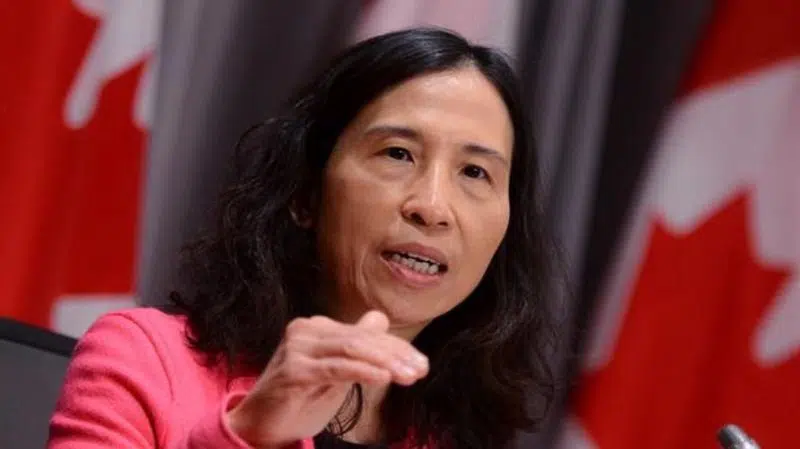
Canada to do millionth COVID-19 test but numbers still falling short
OTTAWA — Canada is on track to complete its millionth test for COVID-19 sometime in the next 24 hours even as the country’s biggest province continues to struggle to hit its own testing target.
Dr. Theresa Tam, the chief public health officer of Canada, reported that as of Wednesday morning, more than 970,000 tests had been completed nationwide since the start of the COVID-19 pandemic in Canada.
Canada has typically completed between 20,000 and 30,000 tests a day over the last week. Tam has previously said she would like to see about 60,000 tests a day.
Tam says the number of tests being completed is critical as provinces begin to reopen their economies and the spread of the virus in Canada continues to slow. Being able to test suspected cases and then trace all their contacts to prevent another spike in cases is fundamental to Canada’s learning to live with COVID-19, Tam said.
